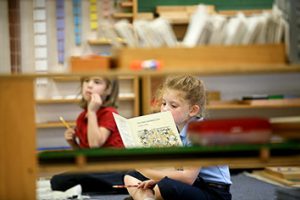Legislature to look at expanding voucher program
Indiana lawmakers will look at expanding what is already the nation's largest school voucher program when the General Assembly gets to work Monday despite concerns that the program is hurting public schools in big cities.

